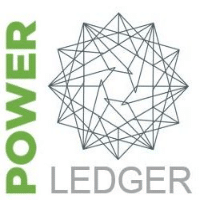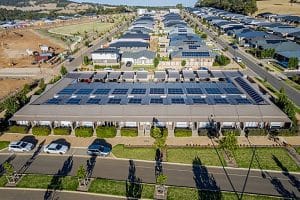Power trading software company Power Ledger and energy solutions business Greenwood Solutions have joined forces to deliver peer-to-peer or P2P solar energy trading to Melbourne’s eastern suburbs.
The two firms will bring P2P energy trading to four strata units in Burwood, Victoria. Greenwood Solutions will install the solar power systems, while Power Ledger will supply the P2P trading technology.
Power Ledger is a Perth, Western Australia based business, while Greenwood Solutions’ offices are located on the Hawthorn campus of the University of Melbourne in the eastern suburbs of the Victorian capital, close to the site of the joint venture.
Reduced cost of electricity for residents
The P2P project will serve several goals:
- Supply renewable energy to residents while increasing awareness of the benefits of renewables.
- Reduce the cost of electricity for residents.
- Enable residents to maximise the returns on their investments in solar panels and solar storage batteries.
- Allow residents to share low-carbon benefits with neighbours.
- Move closer to Power Ledger’s goal of democratising power.

According to Power Ledger company analyst James Eggleston, the Power Ledger platform removes the “administrative burden” of keeping track of power trading.
Green Solutions Director Eddie Greco says the partnership will also create a “synergy” between renewable energy and the blockchain technology on which Power Ledger is built.
Apart from power trading, there are also apps that control and trade home-produce energy. Flex’s PowerPlay and GreenSync’s deX are leaders in the field.
How P2P solar energy trading works
P2P energy trading with Power Ledger sets up a local trading network, a bit like Gumtree or AirBnB, but for energy. It allows users to make better use of their energy, rather than being passively subject to market rules.
Power Ledger uses blockchain technology, which changes commodities and currencies into digital form. Participants that generate electricity from their solar energy systems can earn blockchain ‘tokens’, trade with neighbours, and exchange the tokens for dollars.
With P2P the consumer becomes a ‘prosumer’. Solar energy prosumers store unused power in a solar battery, and trade it with their neighbours through transparent, auditable agreements. This also reduces the need to purchase electricity from the grid, in turn reducing electricity costs.
P2P solar trading enables the trading of energy without involving power companies.
It could provide the ultimate way of going off-grid while also earning income from solar generation.







































